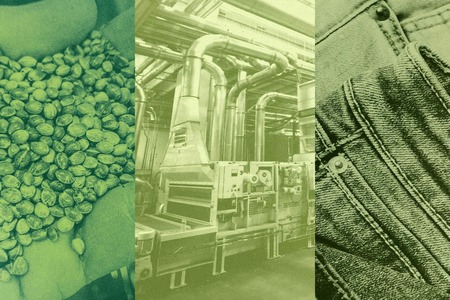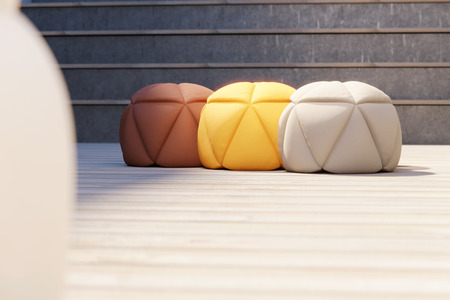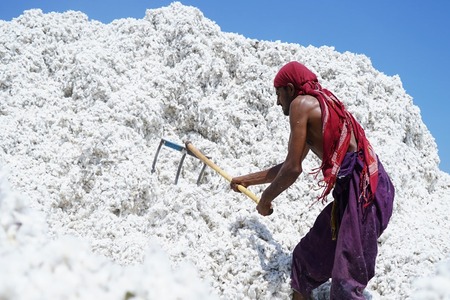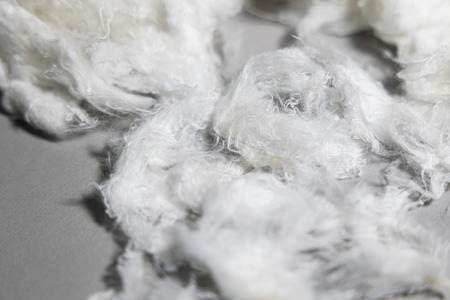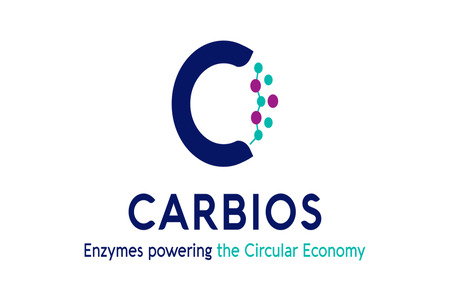
Carbios advances textile recycling with enzymatic technology
YarnsandFibers News Bureau 2023-10-03 18:18:08 – FranceCarbios, a biochemistry researcher, has introduced a textile preparation line to improve sorting and readying textiles for recycling. This process is particularly beneficial for challenging components like zips and buttons, enabling more effective bio-recycling in the industry. They've developed a specialized enzyme that can break down polyester in textile materials, a complex task due to textile's intricate nature.
This enzymatic recycling approach helps establish a textile recycling chain and supports textile circularity. Brands can reduce their dependence on new materials by utilizing recycled ones.
Currently, only 13% of textile waste is recycled globally, with a mere 1% undergoing “fibre-to-fibre” recycling. The new line optimizes the preparation process, including shredding and removing hard components like buttons or fasteners.
Starting from January 1, 2025, Europe will mandate the separate collection of textile waste. The European Union aims to achieve a minimum content of recycled fibers in textiles by 2030. At the inauguration of this line in France, it was emphasized that efficient textile preparation is crucial for effective recycling and circularity in the textile industry.
Carbios' innovative preparation line facilitates closed-loop “fibre-to-fibre” recycling, a process in high demand by collaborating brands. The inauguration event was attended by representatives from Carbios' partner brands like On, Puma, and Salomon.
This advancement positions Carbios to further develop and validate bio-recycling technology for textiles on a larger scale and collaborate effectively with collection and sorting operators for sustainable eco-design initiatives. PVH Corp is among the brands partnering with Carbios for their biorecycling technology.
Market Intelligence
Ask for free sample Report

experience
Customer Base
dedicated team
Countries Served Worldwide



